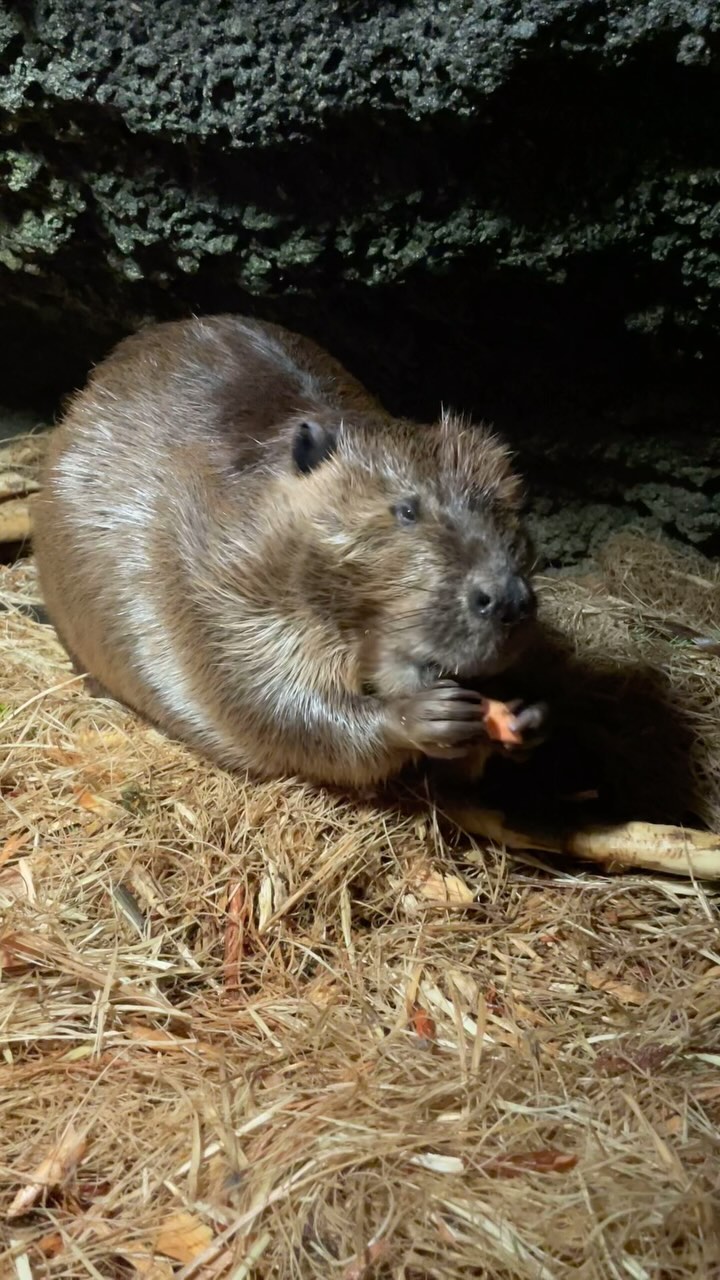– Discover beavers’ wonder complexity and behavior in their natural habitat.
– Learn about beavers’ integral role in ecosystem engineering and the benefits they provide to other species.
– Explore the dedication and skill involved in zookeeping and the techniques used to replicate natural environments for beavers like Hudson.
– Delight in the unique characteristics that make beavers such fascinating and endearing creatures.
– Understand the importance of conservation efforts to protect beaver populations and their habitats.
Beavers are incredible animals that significantly impact their environment. As nature’s skilled engineers, they are well-known for their ability to build dams that create wetlands, benefiting a wide variety of flora and fauna. These wetlands can trap carbon, regulate water levels, and provide habitats for many species, highlighting the beaver’s crucial role as an ecological benefactor.
Observing a beaver in the wild or under the care of a dedicated zookeeper only gives a small glimpse into the rich tapestry of beaver behavior. To truly appreciate these animals, one must delve into the minutiae of their daily activities – from the meticulous construction of their dens to the tender care they exhibit towards their families.
Beavers are extraordinary in many ways. Their teeth, coated with iron, grow continuously and are self-sharpening, allowing them to easily gnaw through wood. Their webbed feet and rudder-like tails make them expert swimmers, capable of holding their breath underwater for up to 15 minutes. Beavers are also monogamous and invest considerable effort into parenting their kits, teaching them the crucial skills needed for survival.
The fascination with beavers extends to observing them during their most private moments, such as when they are feeding. The sound of a beaver munching on their favorite snacks endears us to these remarkable creatures and reminds us of the simplicity and purity of nature’s processes.
Zookeepers play an essential role in the daily lives of animals in captivity. Through their passion and expertise, they can create naturalistic enclosures, provide proper nutrition, and ensure that the animals under their care exhibit natural behaviors. They serve as a bridge between humans and wildlife, fostering understanding and compassion for these creatures, often leading to increased support for conservation initiatives.
Beavers are important because of their ecological contributions and significant role in human culture and history. Indigenous peoples have long admired the beaver for its resourcefulness and fortitude, and early European settlers relied on beaver pelts to drive the fur trade, shaping economic landscapes just as beavers shape the physical ones.
Despite their comeback from near extinction due to legal protections and conservation efforts, beavers still face habitat loss and conflicts with human infrastructure. Protecting beavers and their habitats is a testament to our growing understanding of ecosystem dynamics and our desire to coexist peacefully with our wildlife neighbors. Organizations worldwide are involved in beaver conservation, using innovative solutions to mitigate human-beaver conflicts and enhance cohabitation.
In conclusion, the lives and behaviors of beavers are an ongoing narrative of adaptation and perseverance, underscoring the need for continued conservation efforts. As we appreciate the intricacies and wonders of beaver life, we recognize the immeasurable value that animals like beavers contribute to the rich tapestry of life on Earth.
*****
Source Description
Beaver-y quiet to hear the adorable sounds of Hudson snacking in his den! 🥕🦫
📹: Keeper Madi

